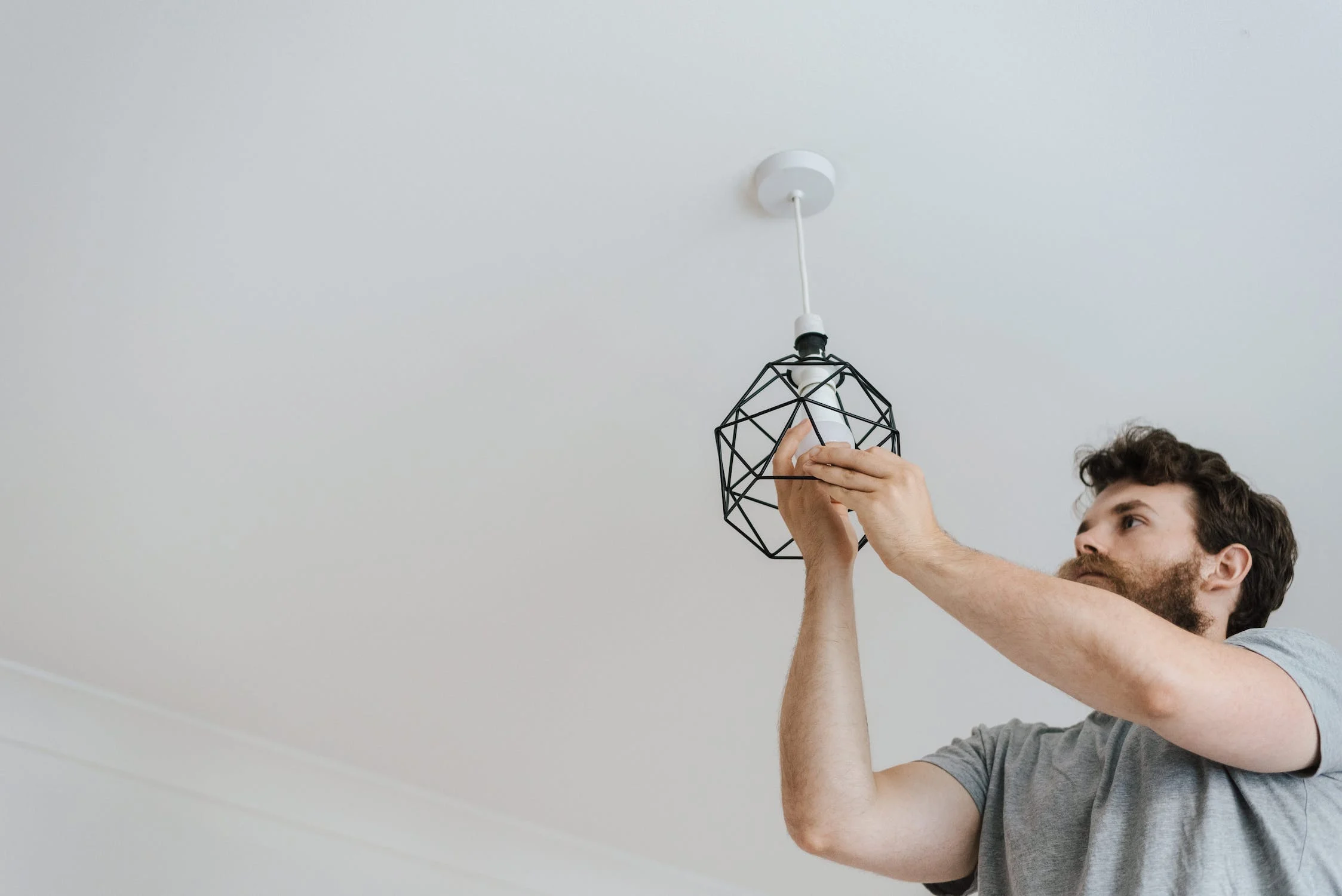It’s safe to say most families want to keep their utility bills low. Making your home more energy-efficient can seem like a process, but it doesn’t have to be a daunting task. There are plenty of simple changes you can make that will ease your energy expenses and help reduce your environmental impact along the way. Here are a few tips to get you started.
Get an Energy Audit
This is the best way to figure out where your home is losing energy and how to make improvements. Many utility companies offer free or discounted audits, so be sure to check with yours. They will schedule a time to send out a technician who will test your home’s energy efficiency and make specific recommendations.
Replace Your Light Bulbs
Compact fluorescent light bulbs (CFLs) use 75% less energy than traditional incandescent bulbs and last up to 10 times longer. Replacing just one bulb can save you $30 over the course of its lifetime. LED lights, on the other hand, use even less energy. They don’t require heat to produce light, making them much more efficient. Many LEDs are also dimmable or can change colors remotely. Either of these options are still better than incandescent bulbs.
Educate Your Family
One of the best ways to save energy is to simply use less of it. Teach your kids about turning off lights when they leave a room, and unplugging electronics when they’re not in use. The widespread everyday use of technology has increased household electricity usage by 20% over the last decade, so there’s plenty of room for improvement.
Improve Your Home’s Insulation
About 45% of the average home’s energy usage goes towards heating and cooling, so it’s important to make sure your home is properly insulated. Check around windows and doors for drafts, and seal them up with caulk or weather-stripping. You can also add insulation to your attic, which is often the biggest source of heat loss in a home. Above your attic lies another answer: your roofing. If your roofing isn’t in good shape or isn’t the best type for your home, you may be losing a lot of money through it. Residential metal roofing is a great answer, as it’s designed to reflect sun and heat from absorbing into your home during warm months. It is also efficient at helping snow and ice fall from your roof during the cold months, keeping your home warmer.
Tune Up Your HVAC System
Your heating, ventilation, and air conditioning system (HVAC) account for about half of your home’s energy usage, so it’s important to keep it running efficiently. Schedule a tune-up for your furnace in the fall and your air conditioner in the spring. This will help them run more smoothly and use less energy. You should also change your HVAC filter every few months to keep it clean and unclogged.
Making your home more energy efficient doesn’t have to be a huge undertaking. By starting with small changes, you can make a big difference in both your energy bills and your carbon footprint.

